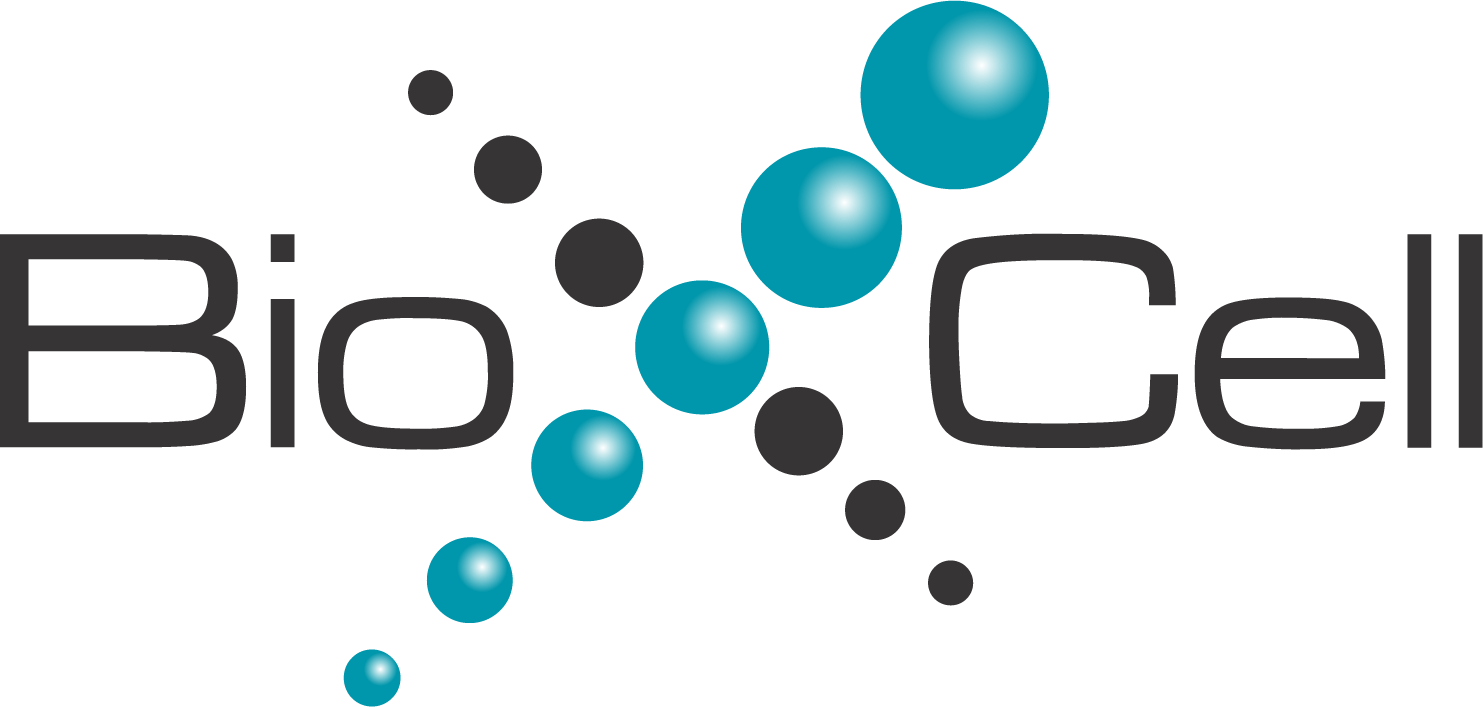
Targeting sphingolipid metabolism enhances cancer immunotherapy
CTLA-4 and PD-1 based immunotherapies have demonstrated significant clinical efficacy in melanoma patients, but many patients remain non-responsive and relapse is common. To try and improve the response rate, researchers are currently working to develop innovative synergistic combination therapies, which block more than one immunomodulatory pathway.
One of those researchers is Dr. Céline Colacios at the Cancer Research Center of Toulouse in Toulouse, France. Dr. Colacios’s group is investigating how manipulating cancer cell metabolism may enhance immunotherapy. The group is specifically investigating sphingolipid metabolism. Sphingolipids are a class of lipids that were discovered in brain extracts in the 1870s. A key enzyme in sphingolipid biosynthesis, sphingosine kinase 1 (SK1), is overexpressed in many human tumors, including melanoma. Upon examining melanoma patient data, the group discovered that patients with high SK1 expression mostly failed to respond to anti-PD-1 therapy.
With this information, the group moved to a preclinical mouse model of melanoma and found that melanoma cells lacking SK1 expression (SK1 silenced cells) grew much slower in mice compared to normal melanoma cells. Further, mice harboring SK1 silenced melanoma cells had significantly higher levels of PD-1+ CTLA-4+ and TIM-3+ CD8 T cells and reduced levels of anti-inflammatory regulatory T cells at the tumor site.
Since SK1 silencing led to an increased expression of immune checkpoint molecules on CD8 T cells, the group hypothesized that SK1 downregulation might improve the efficacy of anti-CTLA-4 and anti-PD-1 therapy. Strikingly, SK1 silencing dramatically enhanced the response to treatment with Bio X Cell’s anti-CTLA-4 (clone 9H10) and anti-PD-1 (clone RMP1-14) antibodies, leading to tumor rejection in 100% and 67% of mice, respectively, and significantly improved overall survival. Even more impressive, was the observation that mice with complete responses fully resisted tumor re-challenge performed almost 2 months after discontinuation of therapy, indicating that downregulation of SK1 in tumors combined with immune checkpoint inhibition induced long-term memory immune responses and a durable cure of the animals.
Overall, this study identifies SK1 as a “checkpoint lipid kinase”, able to modulate immune escape mechanisms. Clinical strategies based on combining SK1 inhibition and immune checkpoint inhibition may improve the response rate in patients affected with melanoma or other malignancies.
See the complete article in Nature Communications to further explore the mechanisms involved in how SK1 silencing enhances immunotherapy: https://www.nature.com/articles/s41467-019-14218-7
